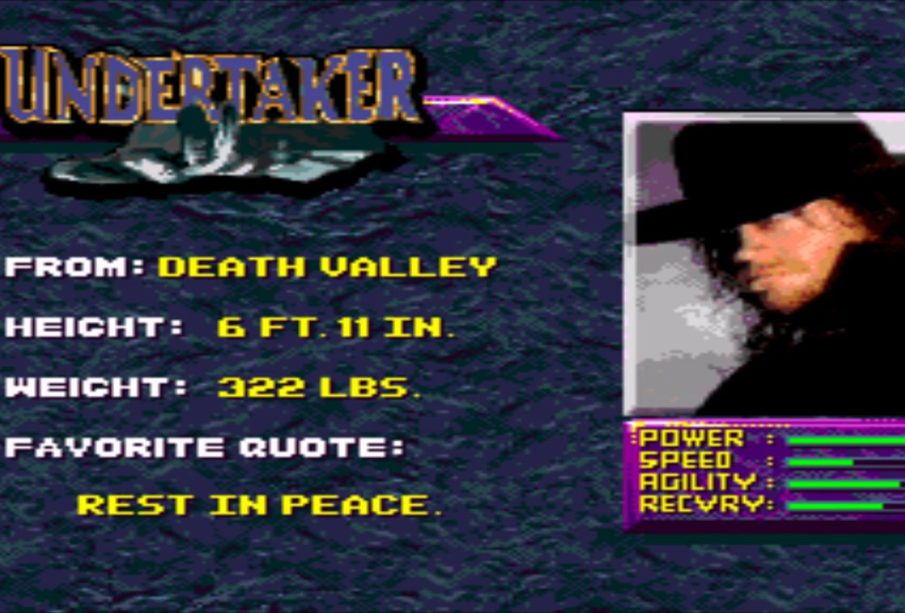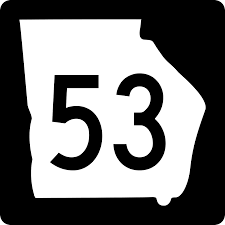The Essential Role of an Undertaker in Funeral Services

Introduction
The role of an undertaker, also known as a funeral director, is crucial in the process of laying loved ones to rest. Undertakers provide a necessary service during one of life’s most challenging times, offering support and guidance to grieving families. With the global pandemic and rising awareness of end-of-life planning, the significance of undertaking services and the various aspects involved has come into sharper focus.
What Does an Undertaker Do?
Undertakers are responsible for many tasks that go far beyond simply managing funeral services. They coordinate logistics, including the transportation of the deceased, legal documentation, and the preparation of the body for viewing. Their duties include:
- Meeting with Families: Undertakers conduct consultations with families to discuss funeral arrangements, preferences for services, and any specific requests that need to be accommodated.
- Preparation of the Deceased: They oversee the preparation of the body, including embalming and dressing, to ensure the deceased is presented appropriately for viewings and funerals.
- Logistical Coordination: Undertakers handle the details of the funeral service, from arranging the venue to coordinating with clergy and managing the schedule of events.
- Support Services: They often provide counseling and support for grieving families, helping them navigate their emotions and make informed decisions during a difficult time.
Current Trends in the Undertaking Profession
Recent research shows a marked shift towards personalized and eco-friendly funerals, reflecting changing societal values and environmental concerns. More families are interested in natural burials and memorial services that reflect the passions and lives of the deceased. As a result, many undertaking services are evolving to meet these demands.
The COVID-19 pandemic has also transformed the role of undertakers. Many funeral homes have adopted virtual services to accommodate social distancing guidelines, allowing families to hold online memorials. This adaptation highlights the importance of utilizing technology in maintaining connections during sorrowful times.
Conclusion
The undertaker’s profession is vital in providing comprehensive care, compassion, and direction in a time of loss. As societal attitudes toward death and funerals continue to evolve, the role of the undertaker will likely adapt further, embracing innovation while remaining rooted in tradition. For families navigating grief, understanding the breadth of services an undertaker provides can help alleviate pressures and ensure a meaningful farewell for their loved ones.









